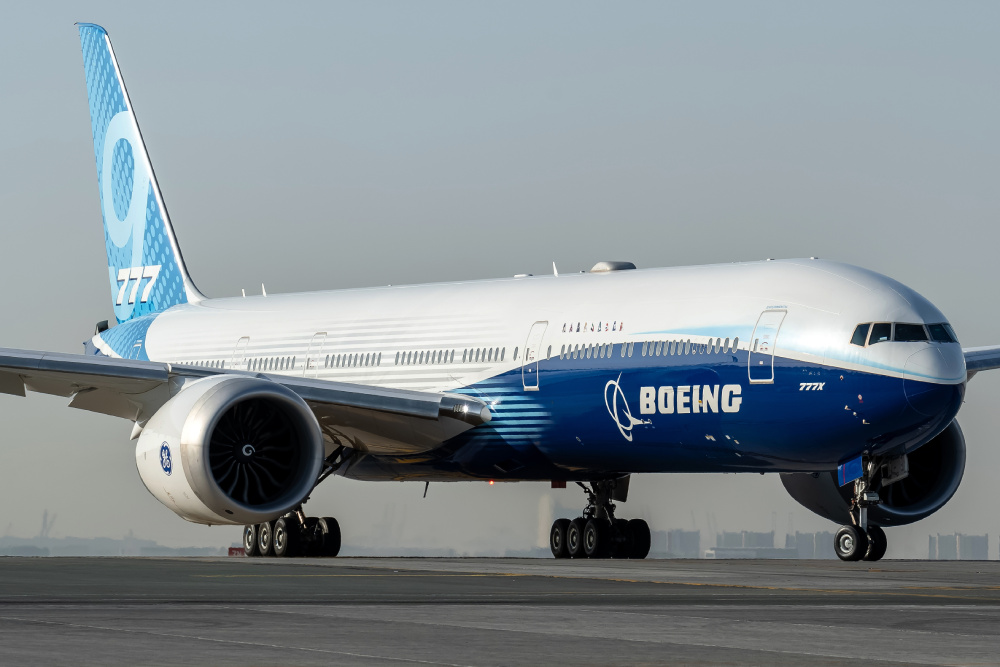
After a brutal stretch of scandals, crashes, and shareholder frustration, Boeing (BA) has staged one of the more under-the-radar comebacks of 2025.
The stock has rallied more than 33% year-to-date, reversing its 32% plunge in 2024. Shares now hover around $230, just 15% shy of the post-pandemic high set in late 2023. That puts Boeing’s market cap near $173 billion.
The recovery was sparked by a strong first quarter.
Revenue jumped 18% to $19.5 billion, and aircraft deliveries surged nearly 60%, signalling that Boeing has figured out its supply chain issues.
Cash flow also improved. Boeing burned $2.3 billion in Q1, which is still negative, but far better than the nearly $4 billion it lost in the same quarter last year.
While the company remained unprofitable, the net loss narrowed to just $31 million, compared to $355 million a year ago.
Meanwhile, Its defense unit — once seen as a backstop to its struggling commercial business — actually posted lower revenue. But it secured a major contract with the U.S. Air Force, and Boeing’s growing defense backlog has added some needed stability.
In July, Boeing reported that it delivered 60 planes in June, up 27% year-over-year. That included eight aircraft to China, an encouraging sign as U.S.-China trade tensions continue to complicate aerospace exports.
Among those June deliveries were 42 737 MAX jets, with Southwest Airlines taking 10. So far this year, Boeing has delivered 209 commercial aircraft.
Boeing’s biggest challenge isn’t production or orders but trust
Public confidence in Boeing’s safety standards was shattered following two 737 MAX crashes that killed 346 people in 2018 and 2019. Investigations revealed not just software failures but systemic manufacturing flaws and regulatory breakdowns.
CEO Kelly Ortberg has made safety a top priority, rolling out new defect prevention systems, enhanced employee training, and a formal Safety Management System in partnership with the FAA.
The company is also working closely with regulators to address oversight failures and reinforce quality control.But after years of cutting corners, Boeing still has a long runway before reputational repair truly takes hold.
The next test comes July 29, when Boeing reports second-quarter earnings. Investors will be watching whether this rebound is sustainable or just a temporary lift.
Your email address will not be published. Required fields are markedmarked